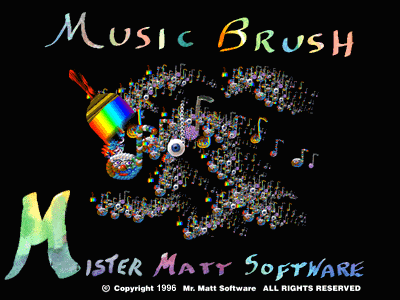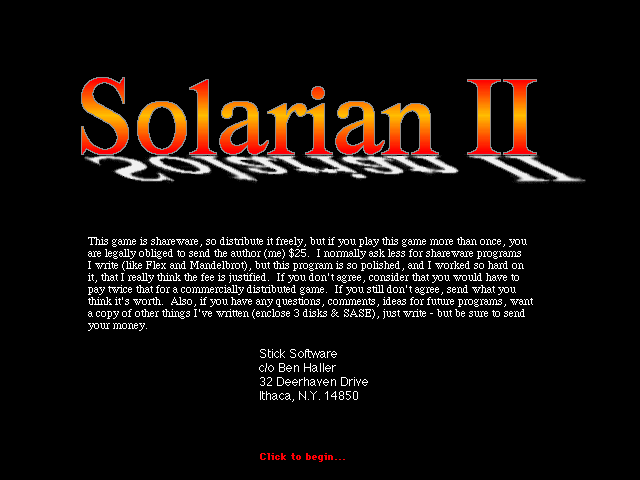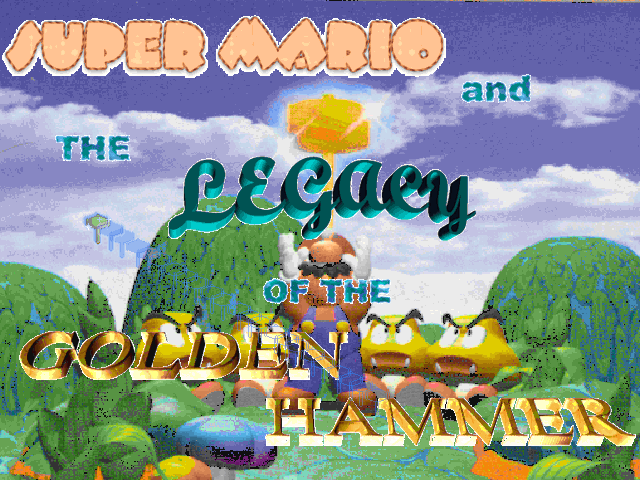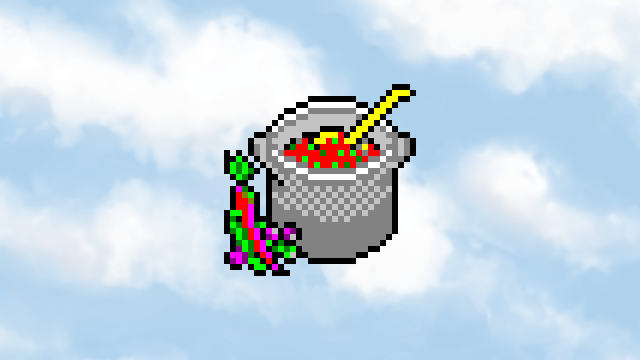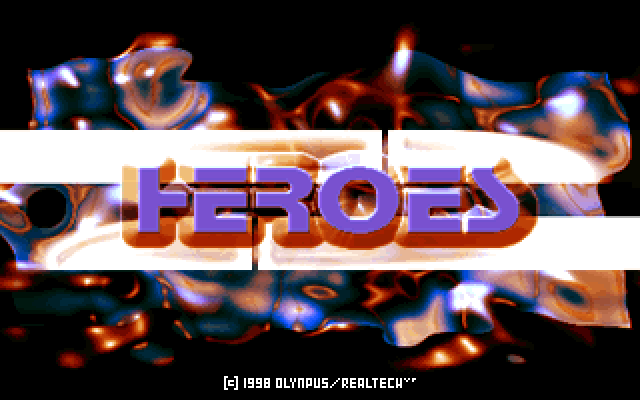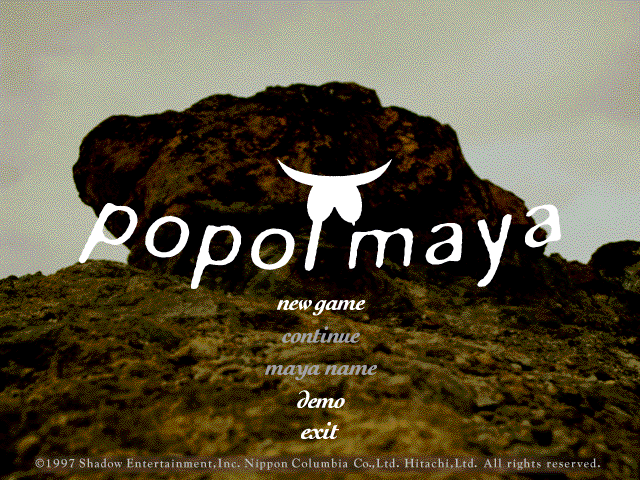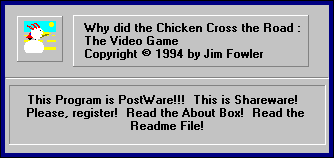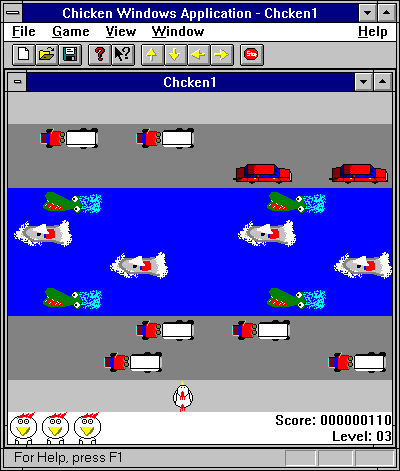
Icon from Delrina Daily Planner 3.0
Time to try something different…
This Saturday, we’re digging up some CD-ROM cookbooks. And we’re gonna cook with them.
The CD-ROM and multimedia era was a heyday for lifestyle software – programs for managing finances, scheduling your week, or picking out a movie to watch. The internet would soon consume almost all these functions, but a self-contained CD-ROM could bundle together tools, writing, and video and audio clips into a unique interactive package unachievable with previous technology. Hundreds of megabytes of storage space let developers run wild with features and how much they could fit in.
Digital recipe managers, which had existed as far back as 1969, could now hold multiple cookbooks worth of recipes with photos and instructional videos. Major brands like Better Homes and Gardens published their own CD-ROM cookbooks, each with their own approach to helping you plan a meal with a computer.
So, with the help of a few friends, we’ll be preparing food and drinks from recipe programs for Windows 3.1 and Windows 95:
- Cooking with Dom DeLuise by Allegro New Media
- MasterCook Cooking Light by Sierra Home
- Williams-Sonoma Guide to Good Cooking by Broderbund
- Cocktail Hour by Global Star Software
We’ll demonstrate each of the programs, talk a bit about their history, and do a couple different dishes. To complete the 90s computer dinner party vibe, we’ll play a digital party game. I’ll write-up our thoughts on the software (and our cooking!) afterwards. We’ll see if Dom DeLuise’s jokes about bread help us at all.
The food won’t be too unusual, but these recipes haven’t been made in 20 years. Let’s call it technoculinary archaeology.
This is one of the silliest projects I’ve attempted. It could be amazing or a complete disaster. Maybe both! Join us on Saturday, April 8 at 5pm EDT on the Obscuritory Twitch channel for a delicious adventure!


